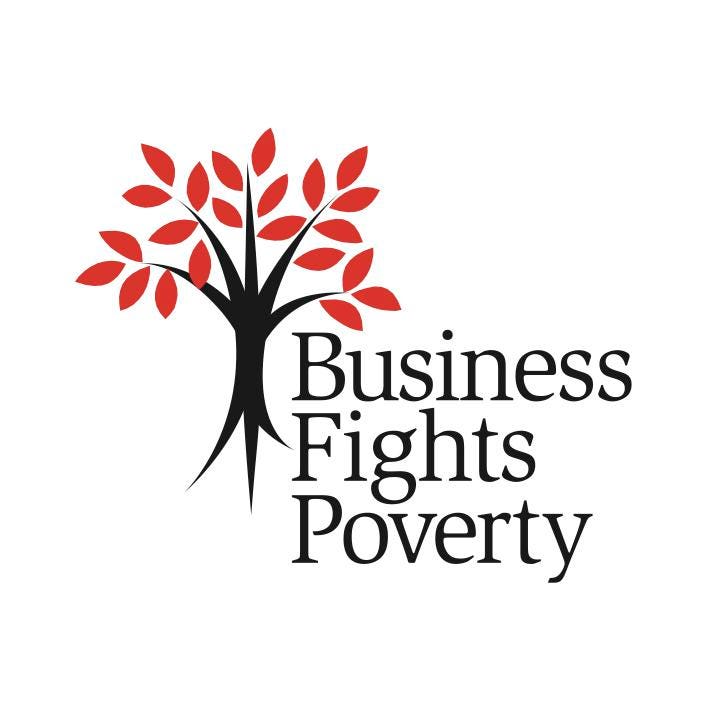On July 13-17 Business Fights Poverty hosted a free online conference called “Rebuild Better: Building an Equitable and Resilient Future.” It was an excellent event with an impressive list of speakers and panelists, ably moderated by members of the Business Fights Poverty team.
The conference covered a broad range of topics related to how the business and investment communities and civil society can work together to use this crisis to create a better world. One of the highlights for me was a fireside chat between Professor Colin Mayer of Saïd Business School at the University of Oxford and Yvette Torres-Rahman, Business Fights Poverty’s Co-Founder and CFO. In it, Professor Mayer discussed how the concept of corporate purpose (i.e., profits from purpose rather than profits as purpose) can help address social problems such as inequality based on wealth, gender, and race.

Professor Colin Mayer, Said Business School, University of Oxford | SAID BUSINESS SCHOOL, UNIVERSITY OF OXFORD
Professor Mayer’s comments were well-received. Women have been more exposed to infection during the pandemic because they compose the majority of front-line health workers and fill the most vulnerable positions in workforces and value chains. Women have faced a surge in domestic violence, largely taken on the burden of unpaid care, and been under-represented in decision making. In many respects, this reflects and has exacerbated deeper issues around gender inequality. At the same time, the murders of George Floyd, Breonna Taylor, and Ahmaud Arbery – among others – have highlighted the urgent need for action against racism. The pandemic has also contributed to income equality. While $6.5 trillion in U.S. household wealth has disappeared during the pandemic, U.S. billionaires are now $584 billion wealthier and their collective net worth among just 643 individuals now stands at $3.5 trillion.
Several sessions during the conference explored these issues and practical actions. One of the panels focused on the fact that the digital economy represents a significant opportunity for women’s economic empowerment in the form of completely new jobs that are being created, the sector’s potential for growth, and its characteristic of relying on individual entrepreneurs. Another panel argued that embedding the empowerment of women into business strategies is one of the most effective catalysts for economic growth. A third session dived deep into the need for companies to tackle the lack of racial diversity at the level of the Board and senior positions across their operations. It also examined the need to address the ethnicity pay gap, and more generally to listen to the concerns of Black, Hispanic, Asian, and other ethnic minority groups across their workforce, customer base, supply chain, and other stakeholder groups.
As part of its efforts, Business Fights Poverty is collaborating with the “COVID-19 & Inequality: A Test of Corporate Purpose” initiative. Part of this collaboration involves a short, 10-minute survey to help identify best practices for large, publicly traded corporations in managing the fallout from the pandemic, inequality, and social unrest. The survey is available on this link. It will be open through August 14, 2020. I encourage you to participate and would appreciate it if you did.
SUBSCRIBE TO OUR NEWSLETTER
Subscribe our newsletter to receive the latest news, articles and exclusive podcasts every week


